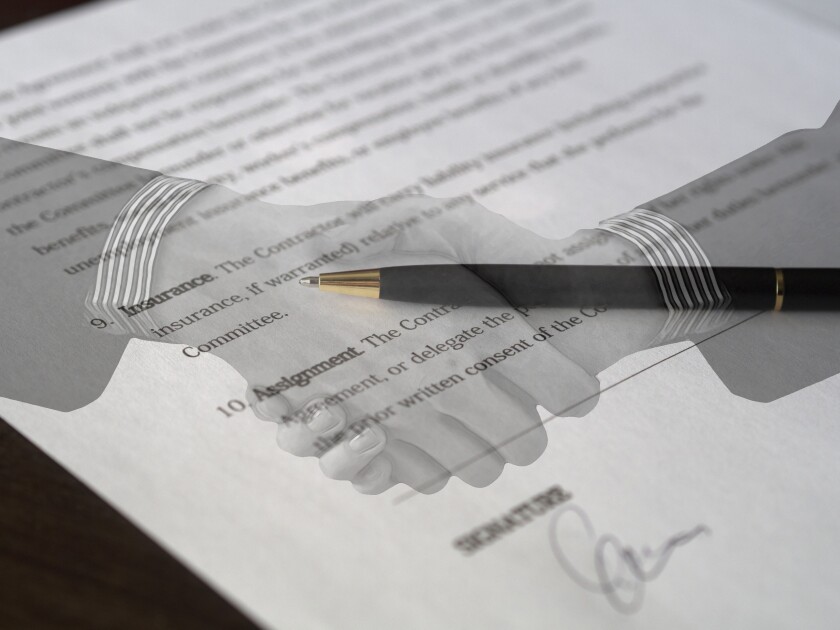The transfer of a patent application from one party to another before the EPO is governed by Article 72 of the European Patent Convention (EPC). This stipulates that an assignment of a European patent application shall be made in writing and shall require the signature of the parties to the contract.
A decision of the EPO president, published in the Official Journal of the EPO (OJ EPO, 2021, A42) in May 2021, allowed signatures on documents to be:
In the form of an enhanced electronic signature;
A reproduction of the signature (facsimile signature); or
In the form of a string of characters, preceded and followed by a slash (/) sign (a so-called text string signature).
Ruling on signature requirements
A decision by the Legal Board of Appeal – J5/23 – in September 2023 studied the signature requirement when a patent application is transferred under Article 72 of the EPC. The applicant in J5/23 had filed an assignment document in which one party had signed using a text string signature.
The Legal Board of Appeal studied the Vienna Convention on the Law of Treaties, and definitions of the term ‘signature’ in the three official languages of the EPO. The board found that the term ‘signature’ in Article 72 of the EPC should be understood as requiring the parties to “put their names on the assignment contract in a distinctive manner”. It also construed the signature requirement as a requirement to provide handwritten signatures, resulting in an unambiguous formal requirement.
The signature on the assignment on file, which was in the form of a text string signature, was therefore deemed not to fulfil the requirements of Article 72 of the EPC, and thus the assignment was invalid.
Additionally, the Board of Appeal found that a decision of the president of the EPO from 2021 was not concerned with assignments, and had no bearing on the case in question.
Key takeaway for patent applicants
It is therefore strongly recommended that when patent applications are to be assigned, copies of the assignment are printed, signed, and scanned, to guarantee that they meet the requirements of Article 72 of the EPC.











